You check the clock. You got the hours. No interruptions. No early meetings. Still, something feels off. Your body is heavy. Your head feels slow. You stretch, but it doesn’t help. You walk to the kitchen, still halfway in sleep.
Your body is heavy. Your head feels slow
You drink water. You try coffee. It tastes normal. But you feel like you didn’t close anything overnight. Like the rest didn’t land. Like you just paused the exhaustion.
You feel like you didn’t close anything overnight
Your eyes sting. Your muscles ache. You try to move gently. Hoping it’ll pass. It doesn’t. It fades for a bit. Then returns. Not sharp. Just dull. Persistent. Familiar.
Not sharp. Just dull. Persistent. Familiar
You scroll through your night in your mind. You didn’t wake up, not really. But your dreams felt crowded. Loud. Your brain kept solving things. Or arguing. Or thinking of people you haven’t seen in years.
Your brain kept solving things
You wake up more mentally exhausted than when you went to bed. Your body was horizontal, but nothing about it felt restful. You start wondering if something is wrong. Not physically. Not yet. But wrong in rhythm.
Your body was horizontal, but nothing about it felt restful
You try sleeping more. Nine hours. Ten. Still tired. You try going to bed earlier. Same result. You wake up foggy. A little irritated. A little sad, though you can’t explain why.
A little irritated. A little sad
You think it’s diet. You eat better. Less sugar. Less late-night snacking. You feel lighter—but still not rested. You start noticing other things. Jaw pain. Headaches. A clenched feeling in your chest. Maybe not sleep-related, but now impossible to ignore.
A clenched feeling in your chest
You Google symptoms. You find words like apnea, bruxism, cortisol, insomnia. You find stories like yours. From strangers. From forums. You relate to them more than your own body.
You relate to them more than your own body
You book a check-up. The doctor listens. Nods. Orders tests. Nothing shows. Blood is fine. Thyroid normal. You leave with more questions than answers. You wonder if it’s in your head. But the tired stays.
You leave with more questions than answers
You start thinking about stress. You thought you were handling it. But maybe handling it meant carrying it all night. You think of arguments you had last week. Projects that still need finishing. Conversations you’re avoiding.
Maybe handling it meant carrying it all night
You realize your mind never actually powers down. Not even in dreams. You wake up mid-thought. You wake up with clenched fists. You don’t remember rest. You remember pacing. Racing. Replaying.
You wake up with clenched fists
You try meditation. Breathing apps. Sleep podcasts. They help—briefly. But your brain fights quiet. Silence feels suspicious. So it fills the night with what-ifs. With voices. With tasks you can’t control.
Silence feels suspicious
You start noticing patterns. Caffeine too late. Screens too close to sleep. A bedtime that keeps shifting. You try to change them. One by one. It helps. But not enough. The exhaustion has settled deep now.
The exhaustion has settled deep now
You try a sleep study. Wires. Monitors. Machines tracking you through the night. You hope for clarity. For answers. Instead, you get results that say “borderline.” Not alarming. But not helpful either.
You get results that say “borderline”
You try supplements. Melatonin. Magnesium. Vitamin D. Some nights feel different. Most don’t. You wonder if it’s aging. Or just awareness. You never questioned your sleep before. Now it defines your mornings.
Now it defines your mornings
You stop calling it tiredness. You start calling it heaviness. It’s more accurate. Less fixable. It doesn’t respond to naps. Or weekends. It follows you everywhere.
You start calling it heaviness
Work becomes harder. Focus shortens. Your patience thins. You feel emotional for no clear reason. You cry more easily. Or not at all. You feel detached. Not from life, but from your place in it.
You feel detached. Not from life, but from your place in it
You talk to someone. A friend. A therapist. You describe your sleep. Your mornings. Your fog. They nod. They understand. You realize you’re not alone. You never were. But no one talks about this fatigue.
But no one talks about this fatigue
You stop chasing perfect sleep. You focus on recovery. You try gratitude at bedtime. You write down what you’ll leave behind before sleeping. Sometimes it works. Sometimes it doesn’t. But it feels honest.
